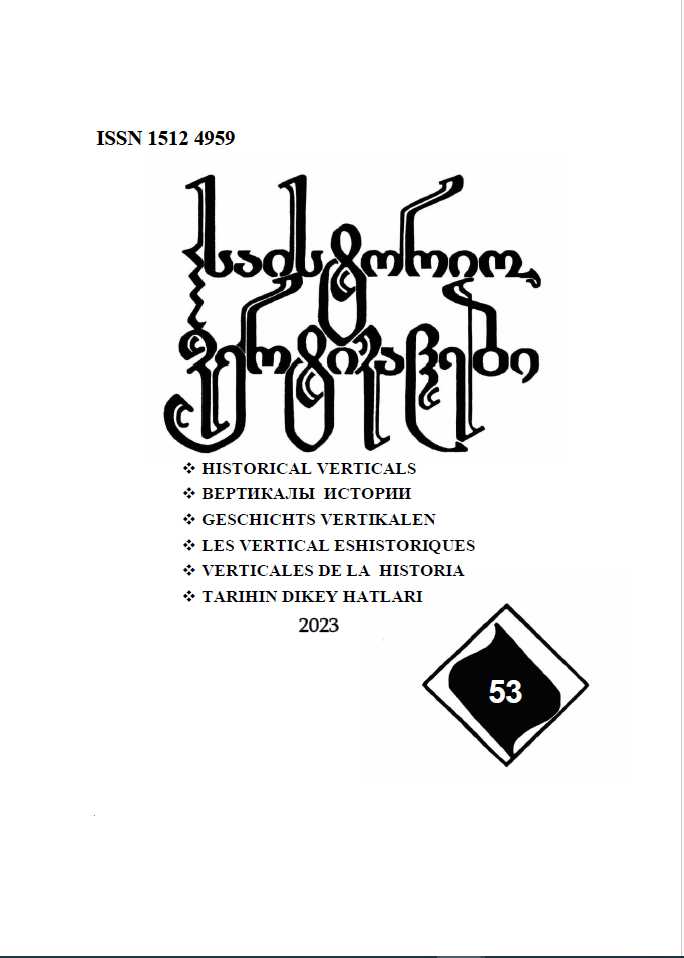THEORETICAL-METHODOLOGICAL AND HISTORICAL FRAMEWORK OF GLOBAL MECHANISMS OF INTERNATIONAL CONFLICT SETTLEMENT
Main Article Content
Abstract
Attempts to settle international conflicts begin with the establishment of the Westphalian system, which actually laid the foundation for a new era in the international community and lasted almost until the end of the First World War. This European system was the framework of European governance. It was a way to establish, reinforce and monitor a certain social order. Its basis was the principle of statehood and sovereignty.
Statehood meant that the world was divided into territorial divisions, each of which was governed by an independent government. This modernist state was a centralized, formally organized public governmental apparatus that exercised a legal monopoly in the form of armed violence within the borders of its jurisdiction.
The main goal of the main actors of the world politics of that period was to prevent a tragic war similar to the First World War. For this, it was decided to study all the reasons that led to the start of the conflict, as a result of which several reasons were identified. It was established that the states actively engaged in secret diplomacy, arms competition, military nationalism, and the states chose allies only for personal gain.
In order to avoid conflicts in the future, it was decided that an international organization should be established, which would encourage open diplomacy, disarmament, encourage collective security, and reduce the desire of countries to start conflicts in the future by increasing possible negative consequences.
